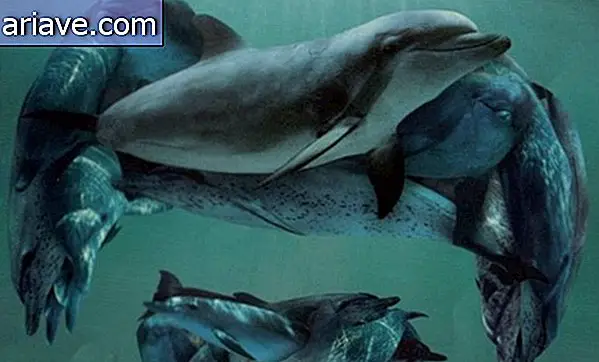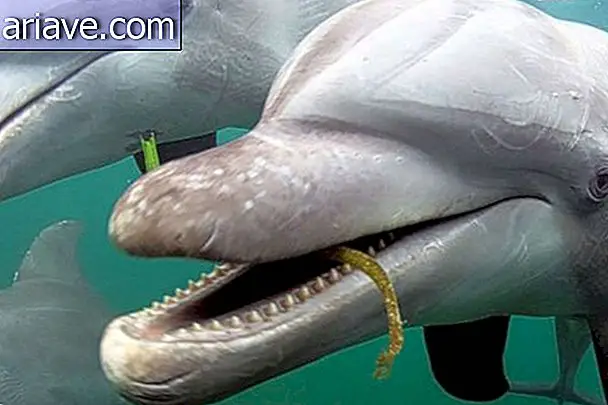Want to know what there was before the Big Bang? Stephen Hawking has an answer!
The Big Bang, as you know, is the most widely accepted scientific theory at the moment to explain the emergence of the universe and hence all that is in it. But what about what existed before this event ... Was there nothing? This is a question that has roused heated philosophical discussions for decades - and it is very difficult to come across with satisfactory answers, isn't it?
However, look at this most interesting thing! These days, Stephen Hawking, one of the most respected and ingenious theoretical physicists of all time, was chatting with Neil DeGrasse Tyson, one of the most famous astrophysicists and zoologists in the world, when the subject of pre-casually came up. Big Bang and Hawking gave the answer - just like anyone who wants nothing!

What's up?
The chat was going on during a TV show run by DeGrasse called "Star Talk" when the conversation turned to this subject. It was then that Hawking began to talk about a proposal known as the "Hartle-Hawking State" - also known as a "limitless proposal" - made by physicist James Hartle and Hawking himself.

The current consensus is that we live in a constantly expanding cosmos, right? For, according to the boundless proposal, the boundary condition of the universe is that it has none. And what does that mean, exactly? With their proposal, Hawking and Hartle invite us to imagine a situation: what if we could push a little button and make time go back to the beginning of the universe, until the beginning of everything, 13.8 billion years ago?
Reversing the little arrow of time
According to physicists, if it were possible to go backwards, time would be "rewound" (like a movie) and would give way to a space without time - and everything would "shrink" until the universe was all concentrated to a point the size of a single atom. . This tiny dot where everything is condensed, by the way, is what physicists call uniqueness.

So! In that hot spot of heat and energy where everything is - super ultra-mega - densely concentrated, the laws of physics and time (as we humans perceive it) cease to function. This is because, as Hawking explained to DeGrasse, before the universe began to expand, time simply did not exist and therefore, as the cosmos was a singularity in both space and time, the idea of "beginning", "before" or "after" makes no sense.
This concept is very complicated for us to understand because we associate our own existence with the passage of time when, in fact, time should be understood as evolution. However, according to Hawking, the cosmos did not have an origin as we understand it - since, according to his proposal, it has no initial boundary in space and time - and there has never been a “Big Bang” that gave originate everything from nothing.

What happens, according to Hawking, is that you cannot define the events leading up to the Big Bang because there is no way to measure what happened. Thus, since the events prior to the “big explosion” have no observable consequences, they were left out of the theory and everyone came to consider that time began with the Big Bang. We only have this impression simply because of the way we perceive the passage of time.











